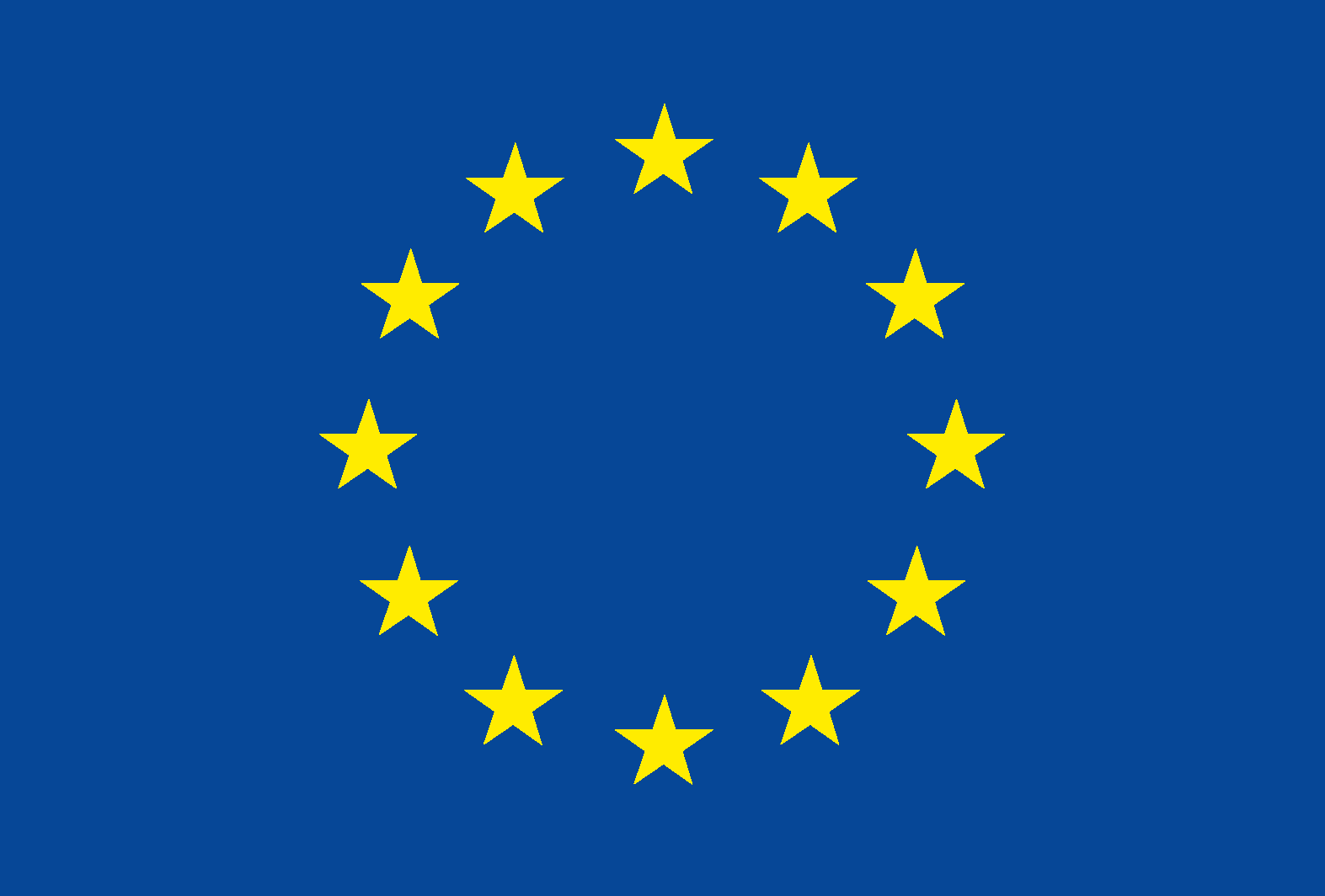Prof. Birgit Pfau-Effinger and her team (Dr. Christopher Grages, Thurid Eggers, Jan Meid, Dr. Ralf Och) at the University of Hamburg hosted the first Meeting of the National Stakeholder Committee (NSC) in the context of the international EU Horizon 2020 project EUROSHIP on 2 December 2020.
The project analyses social citizenship and gaps in social security systems of seven European welfare states with a special focus on people with low income and other vulnerable groups. Against this background, the researchers are interested in opportunities for NGOs and civil society to help shape and implement social policy. The members of the NSC in Germany represent a wide range of different interest groups: German Working Group of Senior Citizens Organizations (BAGSO), German Ministry of Labour and Social Affairs (BMAS), German Association for Old-Age Care (KDA), German National Poverty Conference (NAK) and United Service Worker Unions of Germany (Ver.di).
Due to the current COVID-19 pandemic, the meeting in early December took place as a virtual meeting. Birgit Pfau-Effinger and her team provided a brief overview of the project and presented first research findings from a report on the German social security system in order to discuss them with the members of the NSC. The participants contributed to a lively discussion about developments in social policies and gaps in social citizenship in Germany. They made substantial recommendations and discussed challenges for the further research and national and cross-national analysis.
The preliminary findings of the research project show that even though the German Government has a good reputation for its poverty prevention in Europe, the development of poverty and social exclusion in the context of welfare state reforms in Germany is characterised by ambivalent dynamics. While the share of household with low work intensity decreased from 12% in 2005 to 8,1 in 2018, the poverty risk increased from 12,2% to 16% in the same period (Eurostat). With reference to the development of increasing poverty risks in Germany, it was argued that individual, social and economic circumstances (Lebenslagen), their changes, consolidation and accumulation should be taken into account as important factors for the analysis of gaps in social citizenship. It was further emphasized, that “hidden poverty” also should be included in the analyses, since a substantial share of people do not take up social benefits and social services, particularly in older age.
Furthermore, several participants supported the argument of the project team from their own fields of expertise and experience, that there are problematic developments in the context of long-term care for older people, like high co-payments for professional care provision, regional deficits in care infrastructure and a lack of public cost adjustments in service funding. The participants agreed that these are associated with severe social risks for older people in need of care and may lead to unmet needs and poverty in old age.
Another important topic in the discussion was the ambitious aim of the project to analyse social inequality on the basis of multiple and potentially overlapping dimensions of discrimination which include disability, age and gender. With reference to the recent trend towards digitalisation, the discussants agreed with the research team that there is a problematic “digital divide”, according to which the possibilities for the use and the availability of digital equipment are closely related to factors like age and/or socio-economic status.
The members of the NSC also raised some important general questions regarding the main research focus of the EUROSHIP project and discussed topics like the possibility to use the concept of social rights not only for the national level of social policies, but also for the EU level, the complexity of multi-level governance in the EU and possibilities for embedding research results of the project in EU policy-making.
The Team of the University of Hamburg appreciated the many insightful comments and suggestions from the participants. The second meeting of the NSC is planned for 2021.

